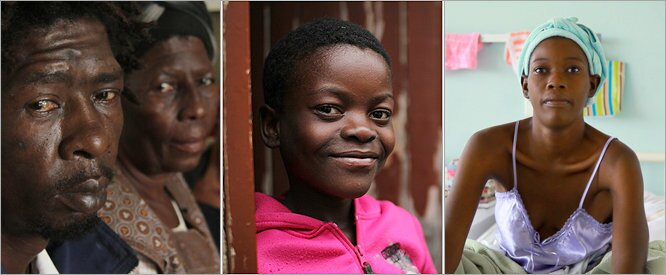
My new model hand for sketching. I think it's art all in itself.
This month really flew by, didn't it? Almost May. Here's hoping that the weather around here will start to match the calendar consistently. Let's get to some links... I haven't done a Some Saturday Stuff since March!
First, this fascinating story on binge watching TV programs from two of the great minds behind some of the most binge-watched programs ever- David Simon, of "The Wire", and Beau Willimon, of "House of Cards". From The Takeaway:
While HBO has dominated the so-called "golden age of television" since Tony Soprano suffered his first panic attack back in 1999, Netflix has held its own over the last few years, with hits like "House of Cards" and "Orange is the New Black."
The Netflix model for programming depends on data: The company analyzed what its customers watched, and learned that viewers enjoyed the actor Kevin Spacey, the director David Fincher, and political thrillers. Those trends—and the fact that the British mini-series "House of Cards" had also gained a following—led to the creation of the American "House of Cards" with Spacey and Fincher at the helm.
In a conversation with John Hockenberry at the Tribeca Film Festival, Beau Willimon, screenwriter and show runner of the American "House of Cards," and David Simon, creator and writer of "The Wire" and "Treme," discuss the benefits and drawbacks of data-driven entertainment, and the evolving field of television.
While Willimon says today's new approach to entertainment is the reason "House of Cards" is so popular, Simon doubts that "The Wire" could have never survived in today's culture.
Big Data and Entertainment
Willimon defends Netflix's data-driven approach to programming. He appreciates that the network gives viewers a chance to find shows they never thought they'd enjoy. Simon, who worked at the Baltimore Sun before his foray into television, worries that data analysis serves only to give the audience more of the same.
"I was a journalist," he says. "I didn't care what the audience's pre-suppositions were about the issues I was covering when I started to cover them. I wasn't trying to service the political attitude of the viewers or the readers of the Baltimore Sun...and that's why we have MSNBC and Fox now, so you can watch the news that gratifies what you think you already know about the world."
Entertainment, Simon explains, is heading in the same direction. "What is the entertainment culture contributing? I came out of journalism, and the only stories I'm interested in are what actually might happen in a given city. And that has no currency with audiences."
Read the whole thing here, or check out the audio of the conversation (do listen!) below.
What's your opinion? Full disclosure, I'm a huge fan of both shows. In fact, they both sit at the top of my favorites list. I did get to thinking about Simon's point on not caring what viewers wanted, but giving them an awesome (IMO) and important story anyway. I thought about how I don't watch MSNBC or Fox precisely because I want to learn something new (well, for more reasons, too, lol). Challenge me. Inspire me. Darn it, even hurt me, but no talking heads spewing the same old. Just don't.
Speaking of hurting me, I bawled towards the end of watching Frontline's "TB Silent Killer". The documentary was filmed in Swaziland, where a deadly strain of tuberculosis is spreading rapidly. TB is spread through the air, so it's especially contagious. One of the people featured is a young 12 year old girl named Nokubheka, who after losing her mom from TB, learns that she, too, has it and must go live in the National TB Hospital to receive rigorous medications to fight it. She leaves behind her 17 year old brother, Melusi to live alone. Orphans, they miss each other fiercely, but thanks to the far distance, they are unable to visit with each other. Viewers also meet another pair of siblings, adults, brother Bheki and sister Zandile, both infected with TB. Zandile, in the last stages of the disease, is hospitalized, while Bheki remains at home on a strong cocktail of drugs. The side effects are great- Bheki loses a lot of weight, is extremely fatigued and suffers much pain. He hates the meds and questions staying on them. After his sister loses her battle, he questions going on living. Their mother featured prominently, shows a great deal of strength and faith, even as she watched her daughter slowly die and her son's health deteriorate. I cried for their pain, but also in admiration of her ability to carry on regardless. Nokubheka, the schoolgirl, inspired me as well. There were scenes during which she sat in the hospital courtyard, talking about missing her brother, while the camera panned out to reveal the natural beauty of Swaziland. There are mountains, lush plants... it looks like paradise. The juxtaposition- of a weak, sick girl set amongst the beautiful vastness of nature- made me take pause.

Nokubheka has a beautiful spirit, though. She continually dances, in spite of it all. You can watch the first chapter below or the whole thing here.







